The Dos and Don’ts of Mixing Skincare Ingredients
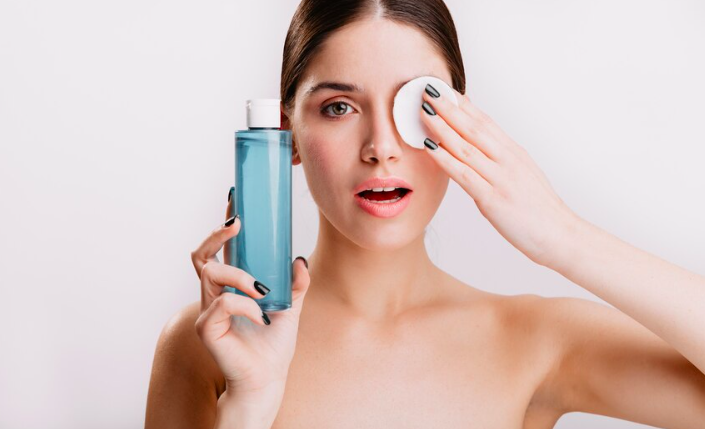
©️ lookstudio
Confession time: Do you ever stare at your overflowing bathroom shelf, wondering if your ten-step skincare routine is actually a chaotic potion brewing disaster for your face? Yeah, me too.
So, by learning the Dos and Don’ts of Mixing Skincare, you can decode this mess and create a routine that doesn’t turn your skin into a science experiment gone wrong.
Why Does It Matter?
Just like mixing oil and water doesn’t result in a refreshing beverage, combining certain skincare ingredients can lead to irritation, and dryness, and even worsen your skin concerns. Understanding how ingredients interact allows you to maximize the benefits of your routine and minimize potential damage.
Key Ingredients to Watch Out For:
- Retinol: This powerhouse anti-aging ingredient works wonders by promoting cell turnover, but it can also be a bit finicky. Here’s what to avoid with retinol:
- AHAs/BHAs (glycolic, salicylic, lactic acids): Both exfoliate and can dry out the skin, potentially causing irritation when combined with retinol. Use them on alternate days or nights.
- Vitamin C: Both retinol and vitamin C are effective, but their ideal pH levels differ. Use retinol at night and vitamin C in the morning to optimize their benefits.
- Benzoyl peroxide: This acne fighter can deactivate retinol. Consider using it in the morning and retinol at night. Alternatively, some newer formulations of tretinoin (a retinoid) are compatible with benzoyl peroxide.
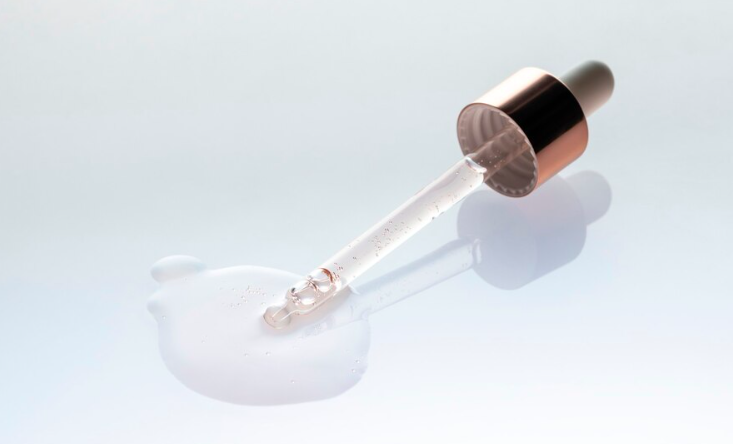
- Vitamin C: This antioxidant brightens skin and protects against environmental damage. However, it has its own sensitivities:
- Retinol (as mentioned above): Use them at separate times of the day for optimal results.
- Soap-based cleansers: These have a high pH that can disrupt the environment needed for vitamin C to work effectively. Opt for a cleanser with salicylic or glycolic acid in the morning before your vitamin C serum.
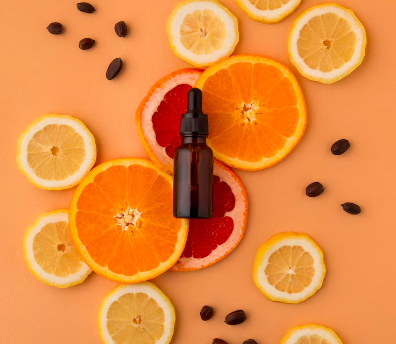
- AHAs/BHAs: These exfoliating acids are great for improving skin texture and unclogging pores, but be mindful of these potential interactions:
- Retinol: Both can be drying, so use them on alternate days or nights if using both.
- Other acids or physical exfoliants: Combining too many exfoliating ingredients can lead to irritation and damage.

The List Goes On… Essential Do’s and Don’ts of Mixing Skincare Ingredients
- Benzoyl peroxide: This effective acne treatment can be drying and irritating. Here’s what to keep in mind:
- Retinol: As mentioned above, some formulations may deactivate each other. Use them at separate times or consult a dermatologist about compatible formulations.
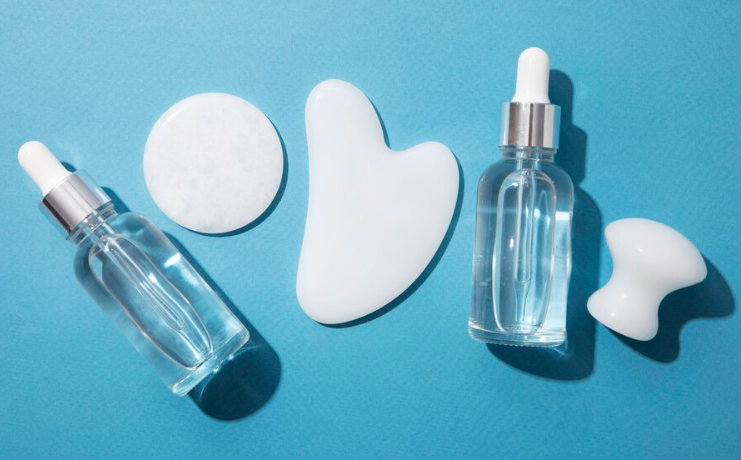
- Niacinamide (Vitamin B3): This all-rounder brightens skin, reduces inflammation, and plays well with most ingredients. However, there’s one exception:
- Vitamin C: While both are antioxidants, using them too close together can diminish their effectiveness. Apply them at least 10 minutes apart.
- SPF: This essential protects your skin from harmful UV rays and should be a staple in everyone’s routine. Avoid:
- Mixing with makeup or moisturizer: Apply sunscreen as a separate layer to ensure optimal protection.
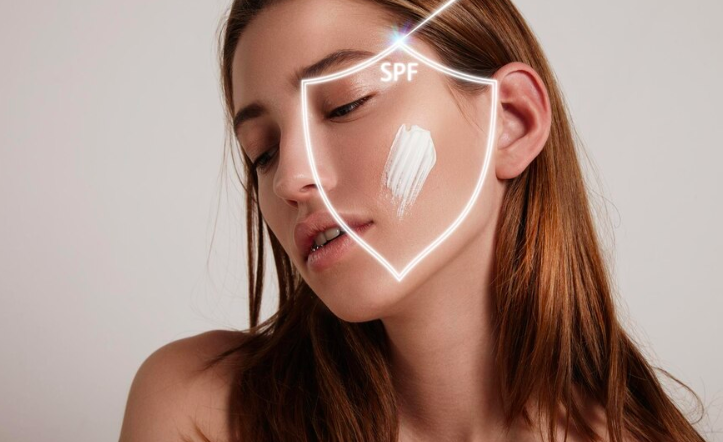
Remember the Dos and Don’ts of Mixing Skincare:
- Start slow and introduce new products one at a time. This allows you to identify any potential irritants.
- Listen to your skin. If you experience redness, burning, or flaking, adjust your routine or consult a dermatologist.
- Consult a dermatologist: They can help create a personalized routine based on your unique skin concerns.
By following these guidelines of Dos and Don’ts of Mixing Skincare and understanding the interactions between ingredients, you can create a safe and effective skincare routine that delivers the results you desire.
Disclaimer: While we strive to provide accurate and up-to-date information, the content of this article is for informational purposes only and should not be considered medical advice. Each person’s skin is unique, and skincare routines should be tailored to personal needs and concerns. Consult with a qualified dermatologist or healthcare professional before making any significant changes to your skincare regimen or treating any skin-related issues.
You might also like to read: Retinol 101: What You Need to Know About It


